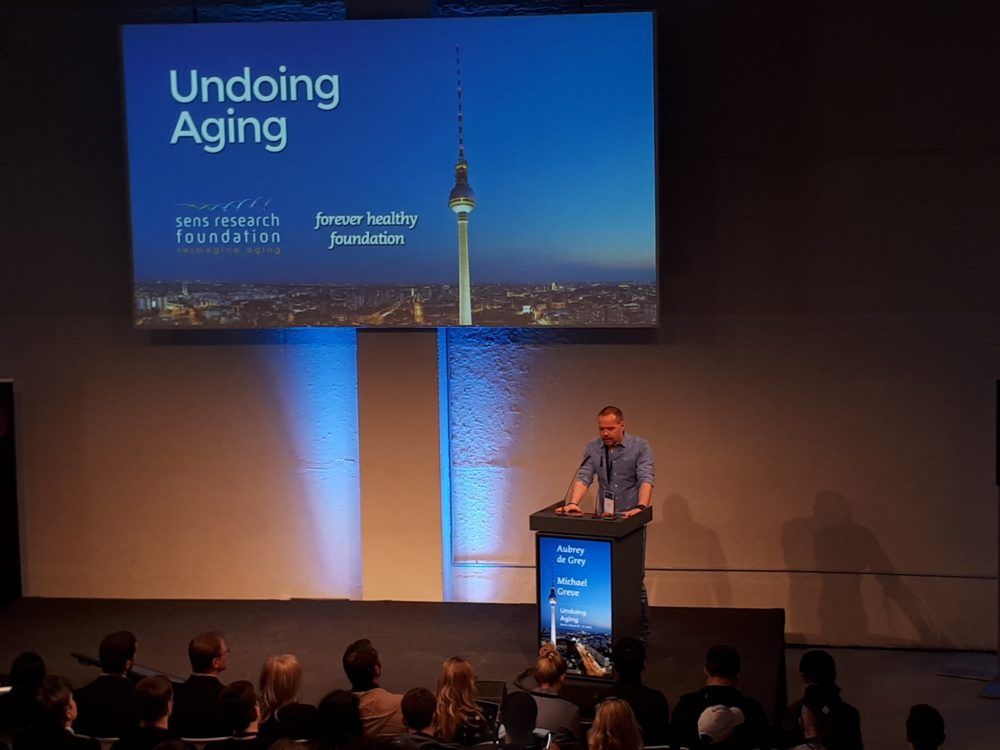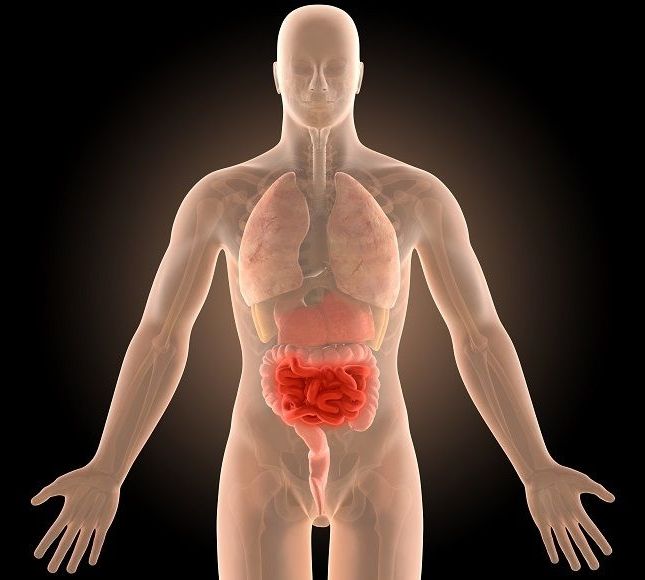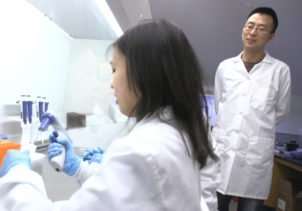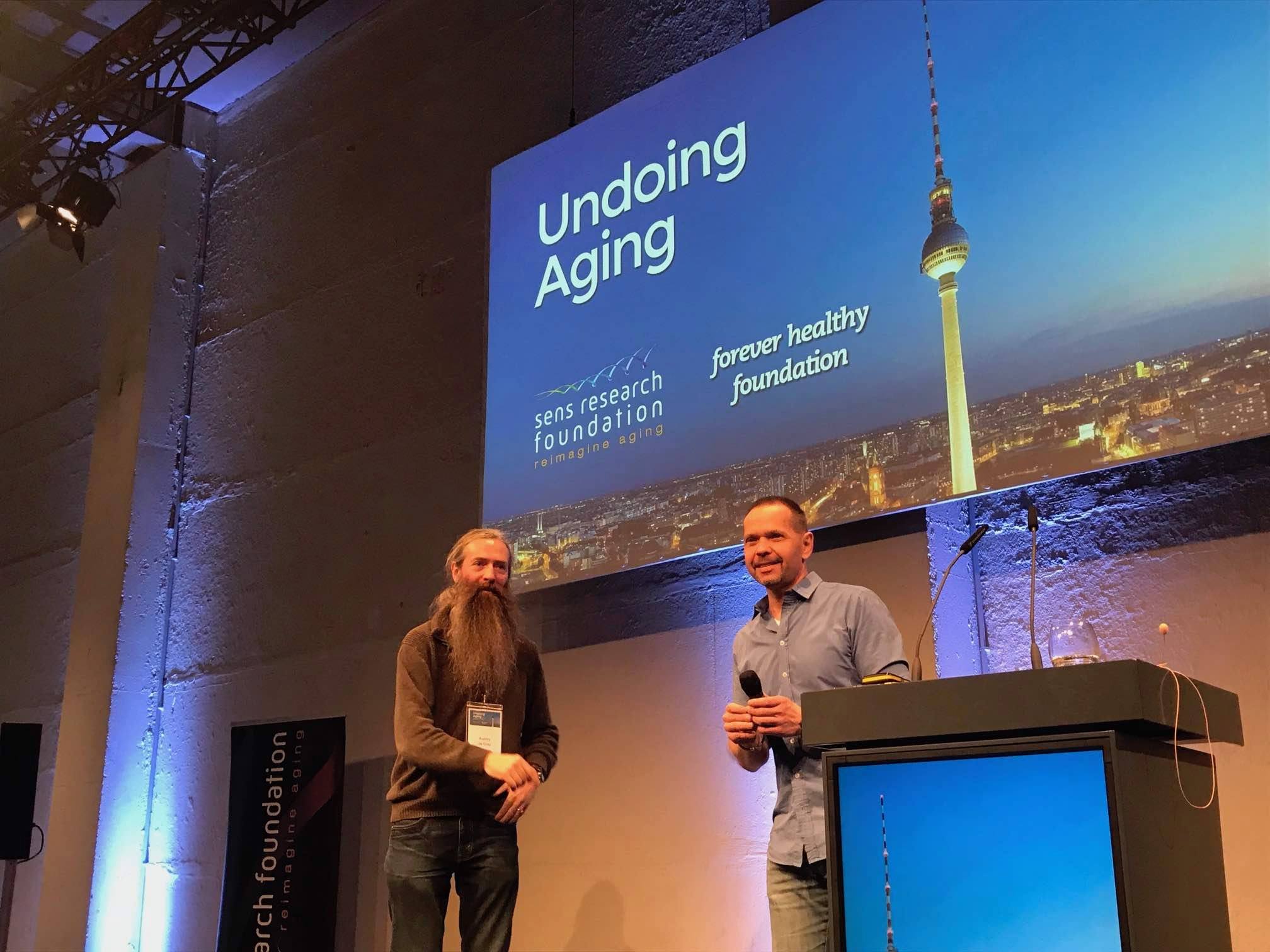Steve Hill from the LEAF team gives some first impressions from the recent Undoing Aging 2018 conference in Berlin.
I have just returned home from the Undoing Aging conference in Berlin, where we spent three days listening to talks by the top researchers in aging, meeting some of the finest minds in research, and talking with thought leaders in the field.
There was a great deal of new and exciting research being presented, some of which has not been published and so cannot be discussed. We will be publishing articles on this news in the coming days as we edit the audio and video from the event. Today, however, instead of discussing research per se, I’ll talk about my impressions of the event.
 This was my first conference on aging, and I have to say that I was really impressed with the professional presentation and venue. I have been to many video game conferences in my life, and I have to say it was on par with such events, albeit on a somewhat smaller scale.
This was my first conference on aging, and I have to say that I was really impressed with the professional presentation and venue. I have been to many video game conferences in my life, and I have to say it was on par with such events, albeit on a somewhat smaller scale.







